Many people want to visit the Caribbean because of its stunning beaches, crystal-clear oceans, and active culture. While it is frequently linked with romance getaways and group vacations, it is also an excellent destination for solo travelers seeking adventure, self-discovery, and a one-of-a-kind experience. If you’re considering a solo travel in the Caribbean, this comprehensive book will provide you with the knowledge and confidence to make the most of your trip while you learn local language with great travel experience.
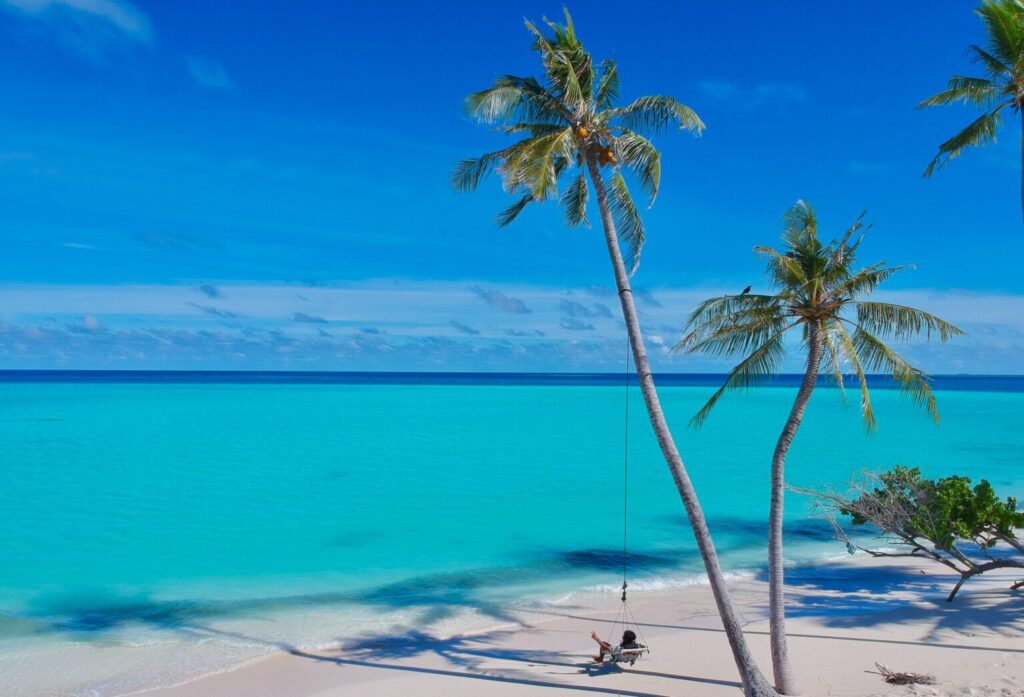
Why you should take a Solo Trip of Caribbean
People opt to go to the Caribbean on their own for several reasons, each of which contributes to a memorable and gratifying travel experience. People go alone to the Caribbean for the unprecedented independence, self-discovery, adventure, cultural immersion, and personal growth that it provides. A solitary trip to the Caribbean may be a transformational and enlightening experience, whether you’re looking for relaxation, adventure, or a combination of the two.
Research and Choose the Right Island
The Caribbean is a complex region made up of various islands, each with its own distinct charm and personality. Before you leave, conduct extensive study to find the island that best suits your interests and travel style. Here are some things to think about:
- Budget: Some islands are more affordable than others, so keep your budgetary limits in mind.
- solitary-friendly: Find out which islands have a reputation for being welcoming to solitary travelers, with a strong backpacker scene and hostels.
What kinds of activities do you enjoy? Are you a beachgoer, an adventurer, a history buff, or a nature lover? Each Caribbean Island has a unique set of activities. As an example:
- Consider Aruba, Turks & Caicos, or Anguilla if you want to spend your time lounging on magnificent beaches.
- Nature and adventure: Dominica, Grenada, and St. Lucia are perfect for trekking, waterfalls, and beautiful scenery.
- Culture and History: Islands such as Cuba, Puerto Rico, and the Dominican Republic have extensive histories and cultural legacies.

Availability: Consider how easy it is to get to the island. Some islands have substantial international airports with frequent flights, but others may necessitate many transfers.
Suitable for Solo Travelers: Check to see if the island is recognized for being friendly to single tourists. Some islands, such as Barbados and Puerto Rico, offer a thriving solo travel culture with a wide range of social activities.
Accommodation Possibilities: Consider the many sorts of lodgings. Would you rather stay at a luxury resort, a boutique hotel, a hostel, or a vacation rental? Different islands cater to different lodging needs.
Regional Cuisine: Explore the native cuisine of your selected island if you’re a foodie. Some islands, such as Jamaica, Trinidad & Tobago, and Barbados, are known for their gastronomic pleasures.
Language: English Language may play a role. Although English is commonly spoken in most Caribbean locations, certain islands’ principal languages are French, Spanish, Dutch, or Creole.
Cultural Activities: Do you enjoy attending local festivals and cultural events? Consider whether your travel dates coincide with any major events or festivals on the island.
Recommendations and Evaluations: Read travel guides, blogs, and reviews from other travelers to learn about their experiences on various islands. Consider asking friends or internet travel forums for advice.
Length of Stay: Decide how long you intend to remain. Some islands may have more activities and attractions to keep visitors entertained for longer periods of time, but others are better suited for quick getaways.
Safety: Investigate the safety of your intended destination. Some islands are well-known for their safety, whilst others may have various safety concerns.
Personal Preferences: Finally, think about your particular interests and the type of experience you want. Do you like a vibrant nightlife, a peaceful retreat, or a combination of the two?
Climate and weather: The Caribbean has a hurricane season from June to November, so plan your trip accordingly to travel alone. Weather patterns differ amongst islands, so pick a time that works for you.
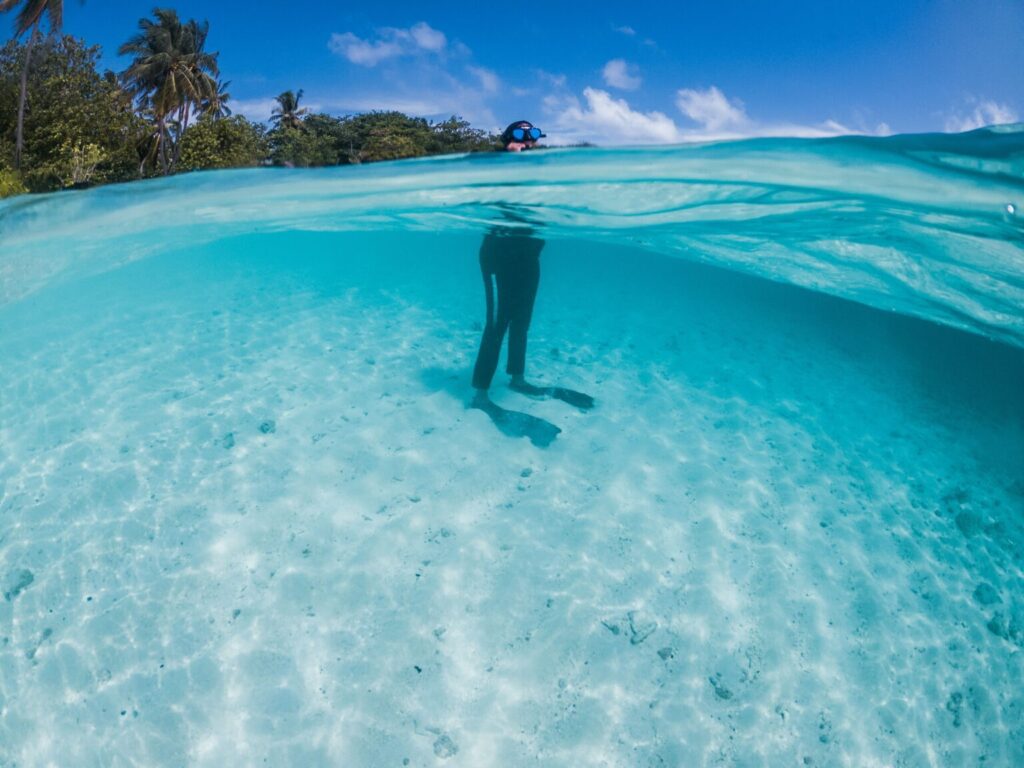
Safety first
When to travel alone, safety should be your main consideration. Here are some important safety tips:
- Accommodation: Look for places to stay that are well-traveled and secure. Read reviews and seek advice from fellow travelers.
- Lock Your Belongings: Invest in excellent luggage locks, use hotel safes, and exercise caution with personal things in public locations
- Maintain Awareness: Be aware of your surroundings, especially at night. Avoid regions that are poorly lighted or lonely, and trust your instincts.
Pack light and Smart
When you’re in charge of your luggage, packing light is critical. Here are some packing suggestions:
- Pack apparel that can be mixed and matched to create a variety of looks. Consider the destination’s climate and culture.
- Bring a universal power adaptor, a reusable water bottle, and a basic first-aid kit with you. Sunscreen, a hat, and insect repellent are all essentials.
- Travel Documents: Make duplicate copies of your passport, travel insurance, and any visas or permits required. Keep them in distinct locations, both physical and digital.
Learn Basic phrases
While English is widely spoken throughout the world, learning a few basic phrases in the local language can enrich your travel experience and demonstrate respect for the local culture. Common expressions such as “hello,” “thank you,” and “please” can help you make connections.
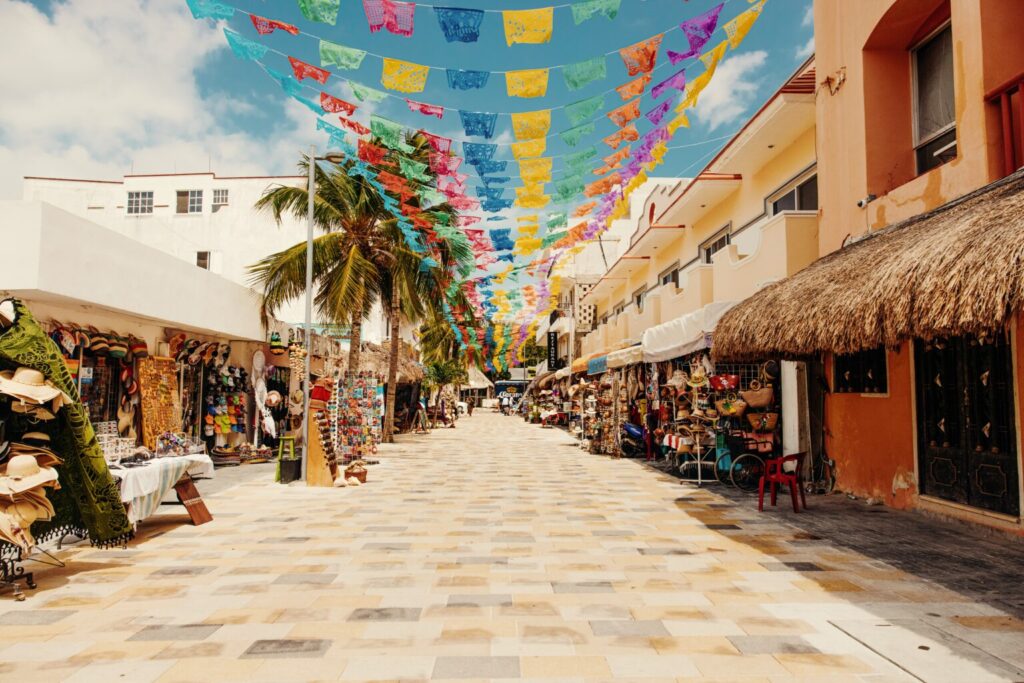
Embrace Local Culture
Immersion in local culture is part of the appeal of solitary travel. Here’s how it’s done:
- Attend Local Festivals: During your stay, look for local festivals and activities. They offer an excellent opportunity to immerse oneself in the culture and interact with people.
- Cuisine: Don’t pass up the opportunity to sample regional fare. To genuinely experience the culture, visit local markets and enjoy street food.
- Interact with Locals: Interact with locals to learn about their way of life. These contacts, whether with a street vendor or a guided tour with a local guide, may be really enriching.
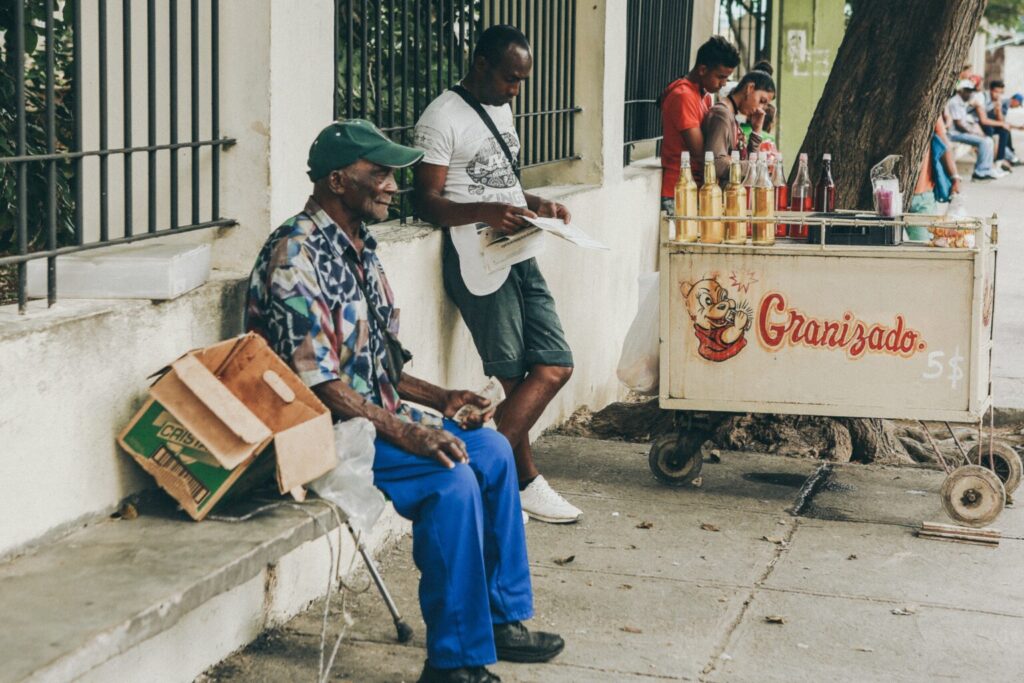
Join Group Tours and Activities
Solo travel does not require you to be alone all of the time. Participating in group excursions and activities is a terrific opportunity to meet other tourists and make new friends. To add a social component to your stay, look for guided walks, snorkeling trips, or cooking lessons.
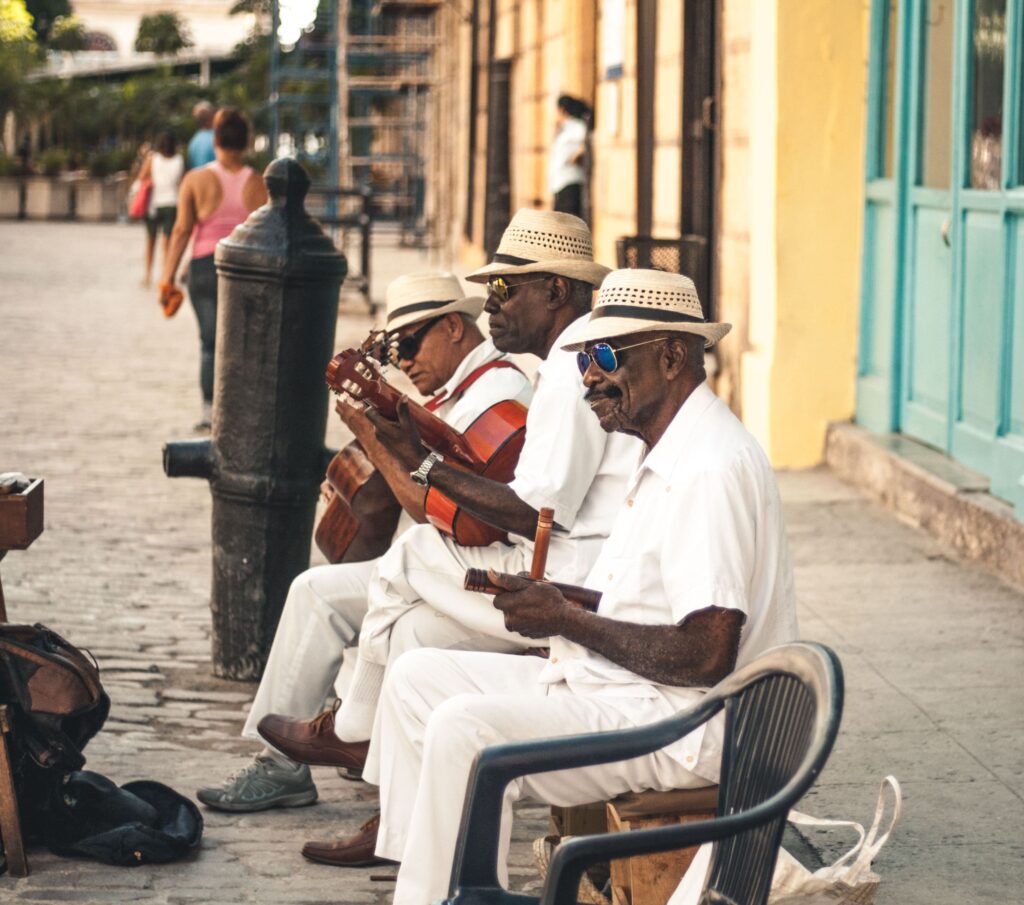
Maintain Contact
It is critical to maintain contact with loved ones. Share your schedule with a trusted friend or family member, and keep in touch on a frequent basis. To stay connected in an emergency, purchase a local SIM card or an international roaming plan.
Trust Your Gut Feelings
When traveling alone, your intuition is a tremendous asset. If a situation or person makes you uncomfortable, trust your instincts and leave. Safety should be prioritized.
Accommodations for Solo Travelers
Consider staying in solo-travel lodgings such as hostels, guesthouses, or boutique hotels. These frequently offer common places where you may meet other solo explorers, making it easy to interact with people who share your interests.
Take Advantage of Your Independence
Finally, enjoy the independence of solitary travel. You have the freedom to choose your own schedule, pursue your desires, and make impulsive judgments. Take some time to contemplate, relax on the beach, and enjoy every moment of your Caribbean journey.
Conclusion
Solo travel in the Caribbean is a thrilling journey full of cultural immersion and personal growth. You will make memories that will last a lifetime if you undertake careful research, prioritize safety, embrace local culture, and remain open to new experiences. So, get started. Travel through Caribbean Island learning Local activities and language with great experience.

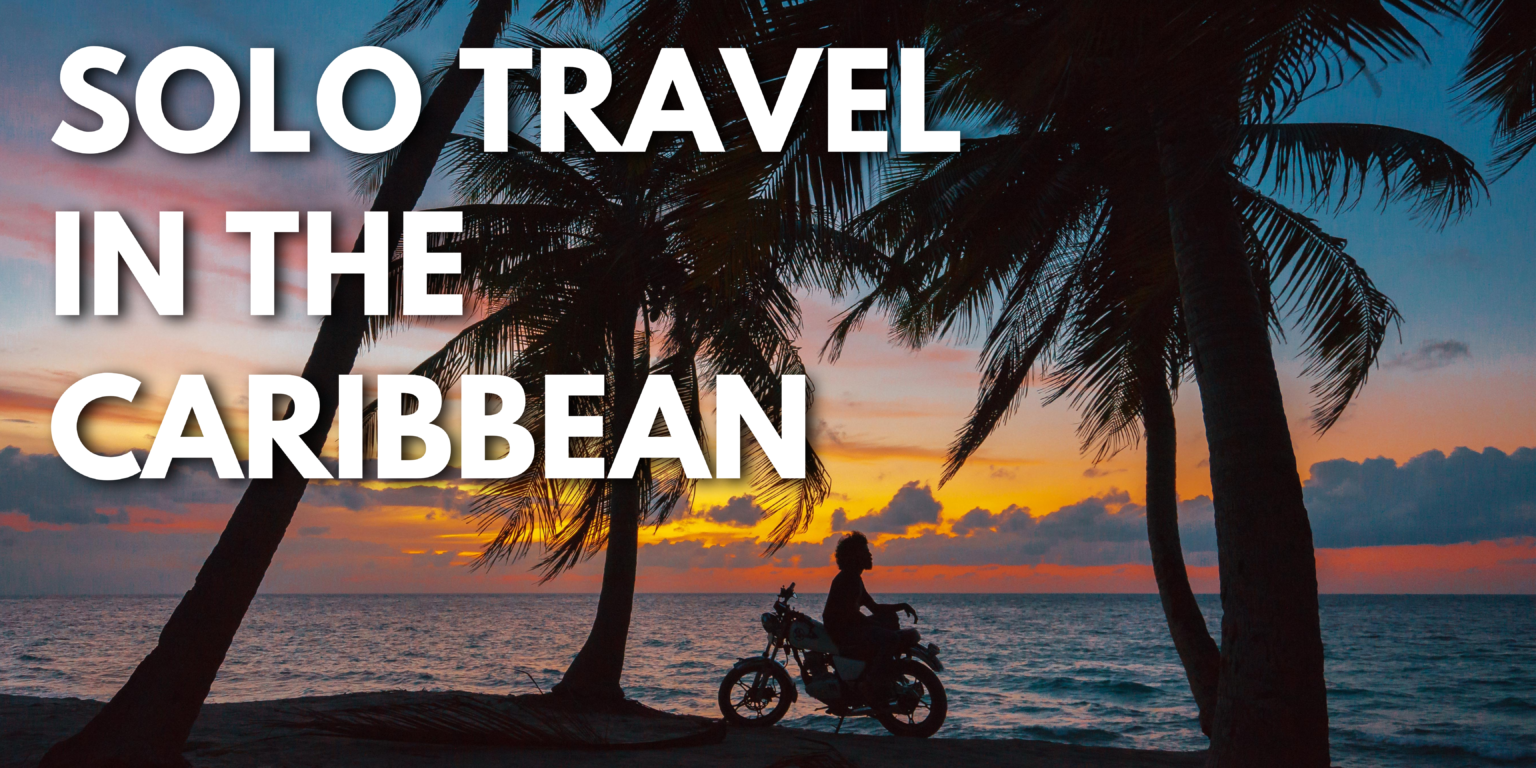
0 Comment